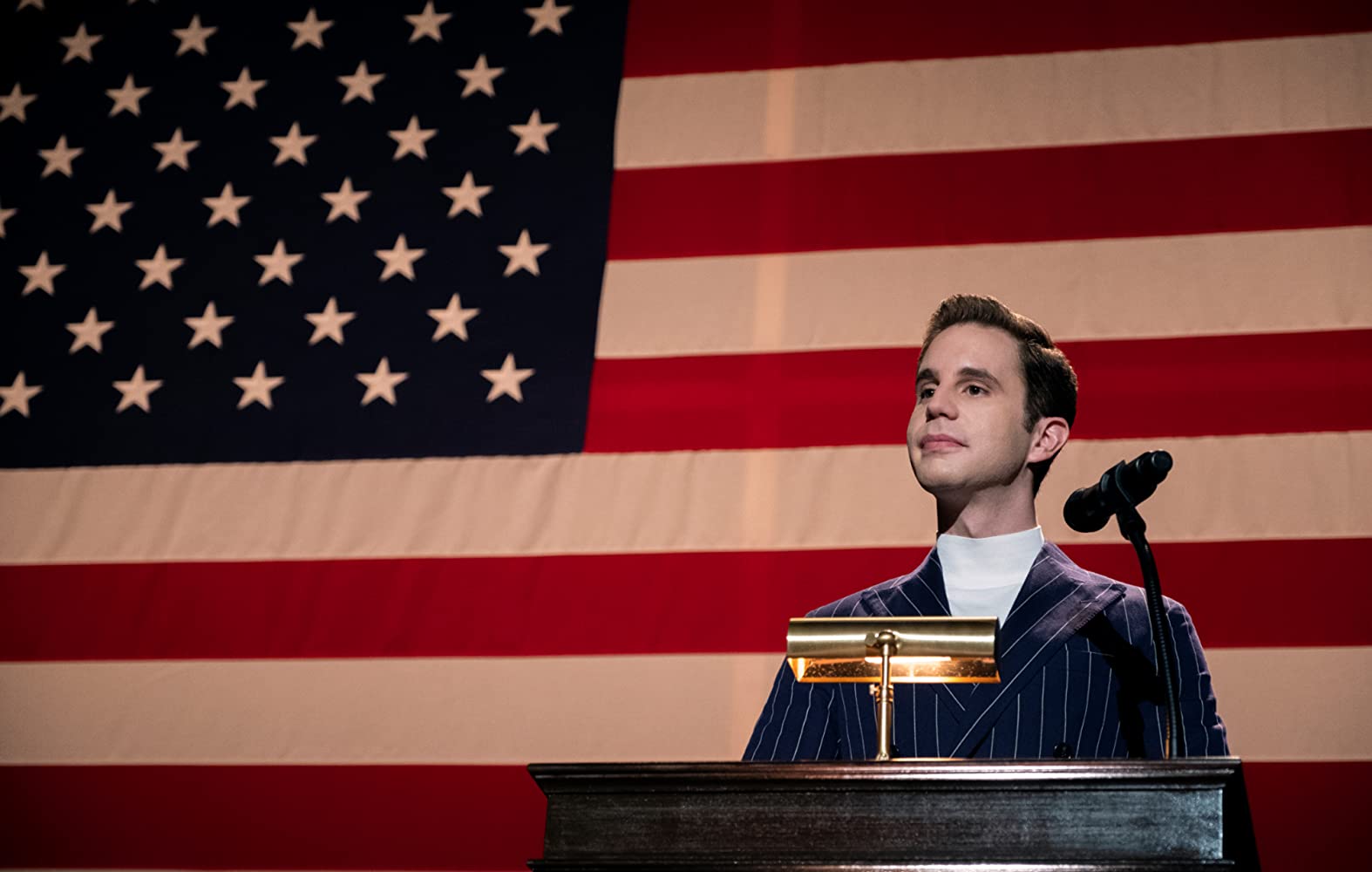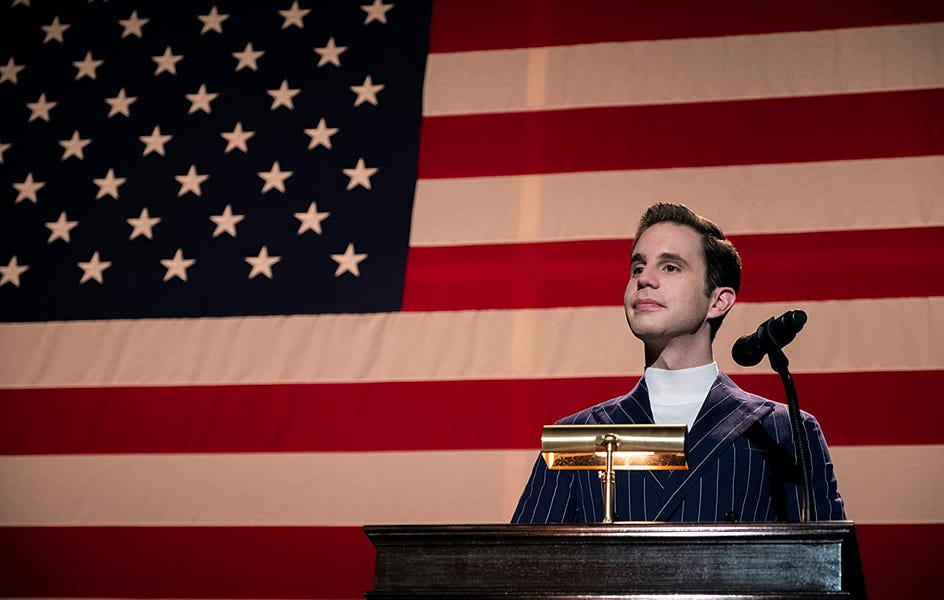Editor’s note: This article includes spoilers.

For those who think our current political reality isn’t satirical enough on its own, Netflix released the second season of The Politician last month. Briefly: It’s not good. I mean, really not good. Creator Ryan Murphy takes us through what is essentially a retelling of Rep. Alexandria Ocasio-Cortez’s rise to power that follows a young political upstart in New York who challenges the overly comfortable incumbent New York State Senate majority leader by focusing on issues that appeal to young voters, most especially the environment.
The show is at its best unintentionally campy, and at its worst gives the impression that nobody involved in its writing had ever heard the word “subtlety” before. And the second season fails to follow through on even the messages and moral lessons of the first season.
Season 1 of The Politician worked, maybe not well but on some level, because it satirized the worst excesses of politics by showing them occurring in a high school student body president election. The show drew attention to how cynical so much of electioneering is by following an election that was so low stakes it was impossible to justify the absurd lengths the participants went to in order to win. There was excessive glad-handing, running mates chosen based on what minority boxes they checked, candidates changing with the political winds just to remain popular—but Season 1 finally ended with the main characters seemingly learning that desiring power for its own sake is unhealthy, that people and issues are more than just political props, and that the ends do not justify the means. The characters promptly forgot those lessons as soon as Season 2 began, with blackmail, election fraud, and blatantly insincere soapboxing all re-entering their political toolkits.
Ben Platt, famous for his starring role in the hit Broadway musical Dear Evan Hansen, portrays the protagonist, Payton Hobart, a wealthy and incredibly ambitious NYU student raised in the utmost privilege in California, for whom the show goes to great lengths to find excuses for random singing (in fairness, Platt is a Tony winner). Payton plays the AOC role in a state senate race that’s a metaphor for the power struggle between the young, progressive wing of the Democratic Party and its old guard, represented by longtime State Senate Majority Leader Dede Standish (portrayed by Judith Light); essentially showing us what it would be like to see AOC running against Nancy Pelosi. If, that is, AOC was a three-piece-suit-wearing young rich white guy and Pelosi was in a throuple. And so was AOC. Throw in a subplot of a Marianne Williamson-esque character running for governor of California and starting an affair with a Beto O’Rourke stand-in who has asked her to be his running mate for his upcoming presidential run. There’s a subplot about Standish’s throuple falling apart as her much younger third starts a relationship with her campaign manager. A little sexual intrigue never bored anyone, but my God, this show all seems like some weird 2020 Democratic fanfic written by Katie Hill.
But the show is at its most gratuitous in its fifth episode. The episode follows a mother and daughter who disagree over who to support in Payton’s race. The mother likes the experienced Standish, the daughter prefers Payton’s calls for radical change. The two each spend a day with their preferred candidate and both learn an important lesson. The mother’s lesson is that her daughter was right all along, which, coincidentally, is the exact same lesson the daughter learns as well. The mother announces that it’s time for a new generation of leaders, something that’s echoed by the Standish when (spoiler alert) she decides to drop out of the race in the finale. But then in one last act of bizarre inconsistency (and after a time jump), Standish goes on to the White House as vice president to the Marianne Williamson-ish character who is herself not exactly of the younger generation, but it’s okay now because Standish has been enlightened by her experiences in the campaign against Payton.
The Politician could have been a good show. There is, after all, no shortage of material for satirization and criticism in the political landscape. But the show can’t seem to make up its mind about what it believes. Politicians need to be authentic and moral, unless that will lose them the election and something important is on the line. Older politicians need to stand down to let the next generation lead, unless the older politicians believe the right things, in which case they can stick around. It’s all a mishmash of shallow political ponderings that manage to be neither profound nor funny.
Still from The Politician courtesy of Netflix.







Please note that we at The Dispatch hold ourselves, our work, and our commenters to a higher standard than other places on the internet. We welcome comments that foster genuine debate or discussion—including comments critical of us or our work—but responses that include ad hominem attacks on fellow Dispatch members or are intended to stoke fear and anger may be moderated.
With your membership, you only have the ability to comment on The Morning Dispatch articles. Consider upgrading to join the conversation everywhere.